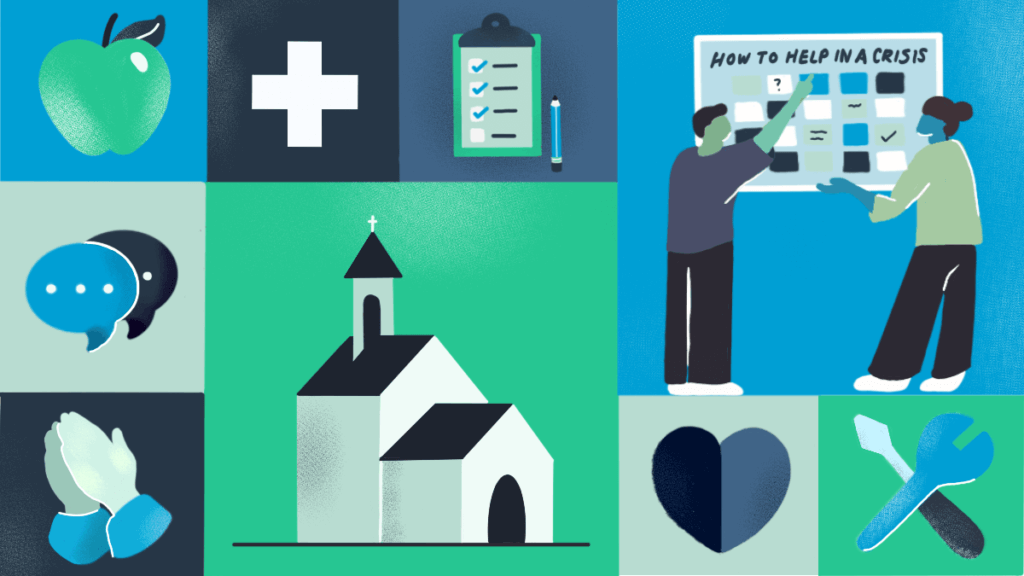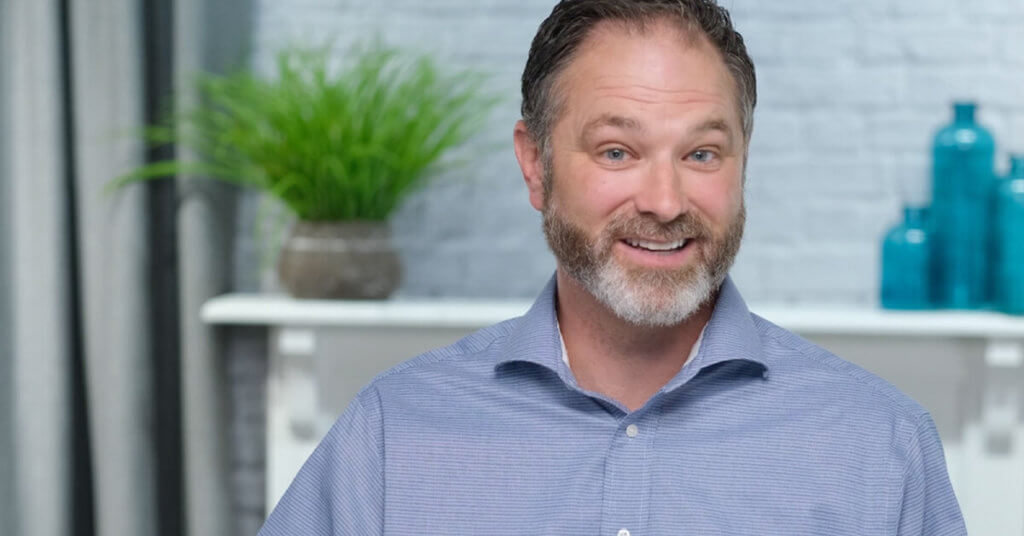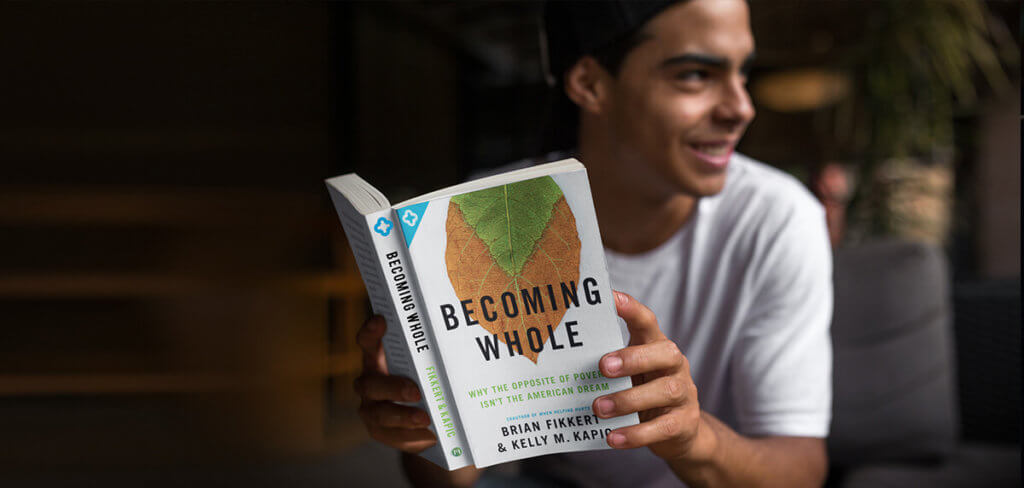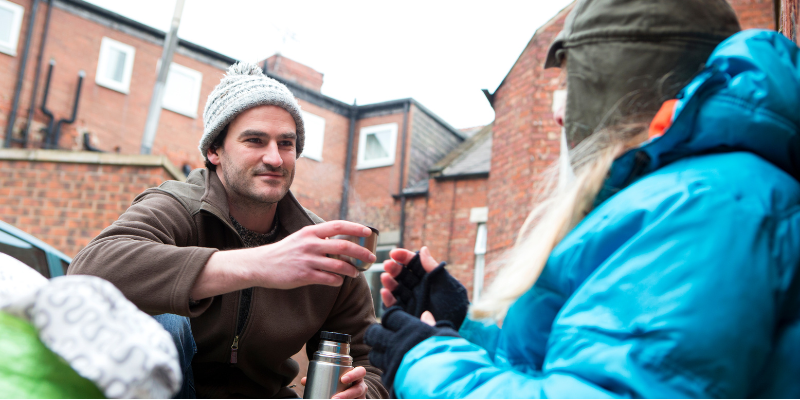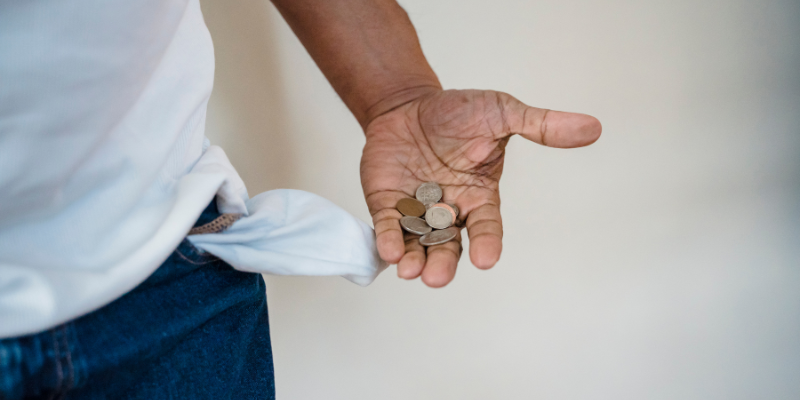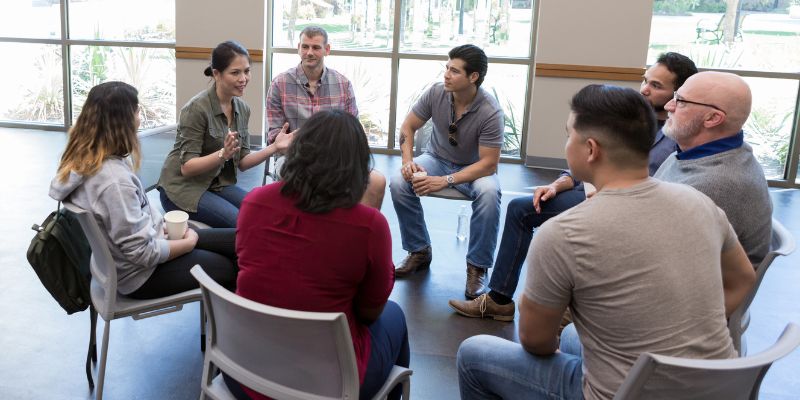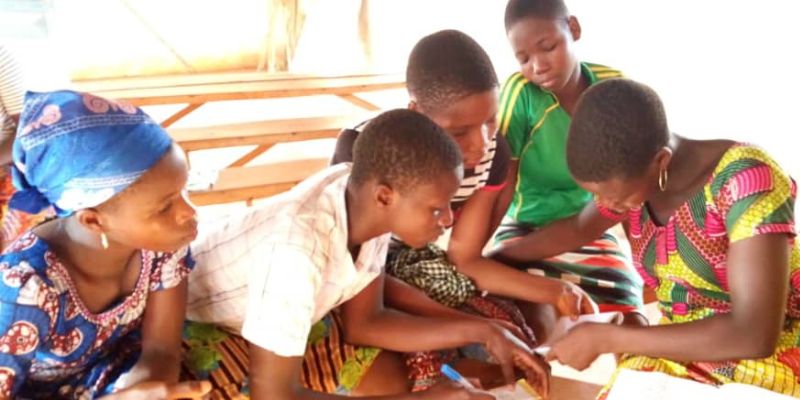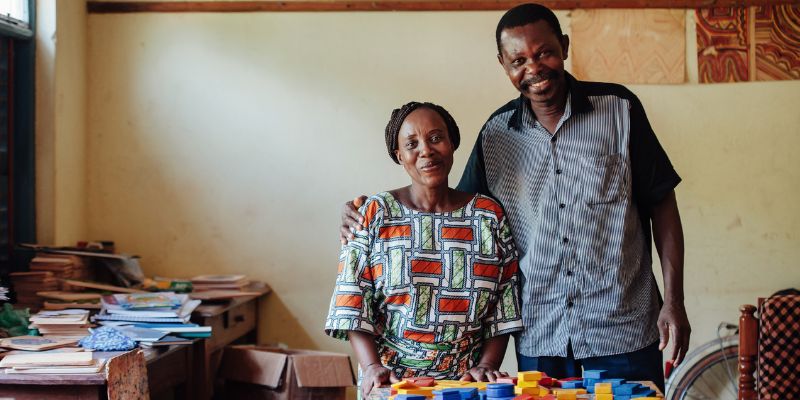Search results for: C_S4CPR_2402 Exam Questions Dumps, SAP Certified Associate - Implementation Consultant - SAP S/4HANA Cloud Public Edition - Sourcing and Procurement VCE Collection 🏺 Search for ➠ C_S4CPR_2402 🠰 and download it for free immediately on ⮆ www.pdfvce.com ⮄ 🏫C_S4CPR_2402 Lead2pass Review
Discovering Care for Community Partnership
Often, doing the work of finding out what people care about is “success” in and of itself, because it demonstrates commitment to people and places and focuses on mobilizing existing resources rather than bringing in just one more outside program.
Read MoreThe Church, the Parachurch, and Poverty Alleviation
One way that the church’s responsibility to care for the poor is carried out in complex modern societies is through a wide range of parachurch ministries. While the parachurch should never undertake tasks that are exclusively given to the church, there is much that these ministries can do very effectively to care for the materially poor.
Read MoreWhy Good Intentions Aren’t Enough
How we diagnose the problem of poverty directly impacts how we will seek to address it. If we treat only the symptoms or if we misdiagnose the underlying problem, we will not improve the situation—and we might actually make the lives of the materially poor worse in the long run.
Read MoreSocial Mobility or Restored Community: What Is Money for?
Financial education is a key part of helping people in poverty experience greater flourishing. But when we try to educate others about finances, it often reveals what we really believe about money. What stories do we believe about money—and what stories are we telling other people?
Read MoreRace, Materialism, and the False God of Western Civilization
If we are transformed into the image of whatever we worship, and our culture worships the pursuit of material wealth and pleasure, then racial injustice must have something to do with this. If we truly want to help without hurting and overcome racism, the first step is to repent of our materialistic idolatry.
Read MoreWhat’s the Best Way to Provide Help in a Crisis?
The best approach to helping someone depends on the situation. In a time of crisis, we should definitely err on the side of generosity. What does this generosity look like during a global pandemic?
Read MorePracticing What We Teach
When we try to help people who are materially poor, we often focus on the habits we think they need to change. But what about our own habits? How do our daily practices affect our ministry with the materially poor?
Read MorePotlucking with Jesus: Poverty, Injustice, and the Church
What if ministry with the materially poor looked like a potluck instead of a soup kitchen? Hear from Michael Rhodes, co-author of Practicing the King’s Economy, as he shares what he’s learned from his friends and neighbors in South Memphis.
Read MoreGod’s Kingdom Has a Startling Economic System
Every earthly kingdom has its own way of doing things, its own customs and policies regarding food, sex, family, and religion. And every kingdom has an economic policy. But when Jesus welcomes us into his alternate kingdom, something strange happens. We discover a whole new world. And we soon discover that Jesus’s kingdom looks different…
Read MoreGetting Our Story Straight
When we try to help people in poverty, we incorporate faulty ideas into our efforts without even realizing it. What are these false stories—and why do they matter?
Read MoreInterview: Brian Fikkert on Becoming Whole
Brian Fikkert recently sat down with staff member Laura Haley to discuss the new book he co-authored with Kelly Kapic, Becoming Whole—and how the stories we tell ourselves shape our work with the poor.
Read MoreWhy the Kingdom of God Matters if We Want to Help the Poor
The way that we work with people who are poor reflects the stories we tell ourselves about what it means to live the “good life.” If we get the story wrong, our efforts to help the poor can do more harm than good.
Read MoreA Time to Pray, a Time to Give Generously
It is a consistent theme of Scripture that those blessed with power and wealth have a special responsibility to administer justice and mercy for those who are in danger or in need. Leaders should use their influence so that the least among us—the fatherless, the widow, the sojourner, and the poor—have a faithful advocate in the halls of power.
Read MoreRecognizing What People In Poverty Need
It’s easy for most of us to conceptualize a fairly simplistic picture of what poverty looks like. In turn, that overview can generate equally simplistic solutions or treatments. For many, we may have an image in our minds of a destitute population lacking necessary materials for survival. On paper, it seems as though simply providing people in poverty with what they seem to need will solve the problem. While this may provide temporary relief to those in need, it is often only a small adjustment to a much larger problem.
Read MoreWhy Poverty Is More than a Lack of Material Resources
Adapted from When Helping Hurts: How to Alleviate Poverty Without Hurting the Poor…and Ourselves.
Defining poverty is not simply an academic exercise. The ways we define poverty—either implicitly or explicitly—play a major role in determining the solutions we use in our attempts to alleviate that poverty.
Read MoreWhy Use Stories to Teach?
God’s work in the world unfolds to us in the big story of Creation, Fall, Redemption, and Consummation, and in the individual stories told in Scripture. From the Garden to Noah to Abraham to Moses to David to the promise of the Messiah to Jesus’ life, death, and resurrection to the outpouring of the Holy Spirit to the church to the New Creation, we are so often given God’s truths in narrative, not only in didactic lessons or abstract categories.
Read MoreDesigning Innovative Solutions to Problems
Have you ever been working on solving a complex problem and felt stuck? You knew there had to be a way forward but you just couldn’t see it? That’s how designing a poverty alleviation ministry can feel. Take the issue of food insecurity as an example. Most people are familiar with a “soup kitchen” model…
Read MoreHolistic Approaches to Development
Material poverty is complex, and not reducible to a single cause. Healthy, sustainable poverty alleviation ministries need to address all five root causes of material poverty—Individual brokenness, Systemic brokenness, false stories of change, broken and destructive formative practices, and demonic forces. Over the last few weeks, we’ve looked at Ministry Design Principles that contribute to the kingdom community and to God’s story of change, and today we continue examining principles that equip us to replace destructive formative practices. We seek to evaluate and replace our existing practices in favor of those that empower and equip our communities.
Read More






